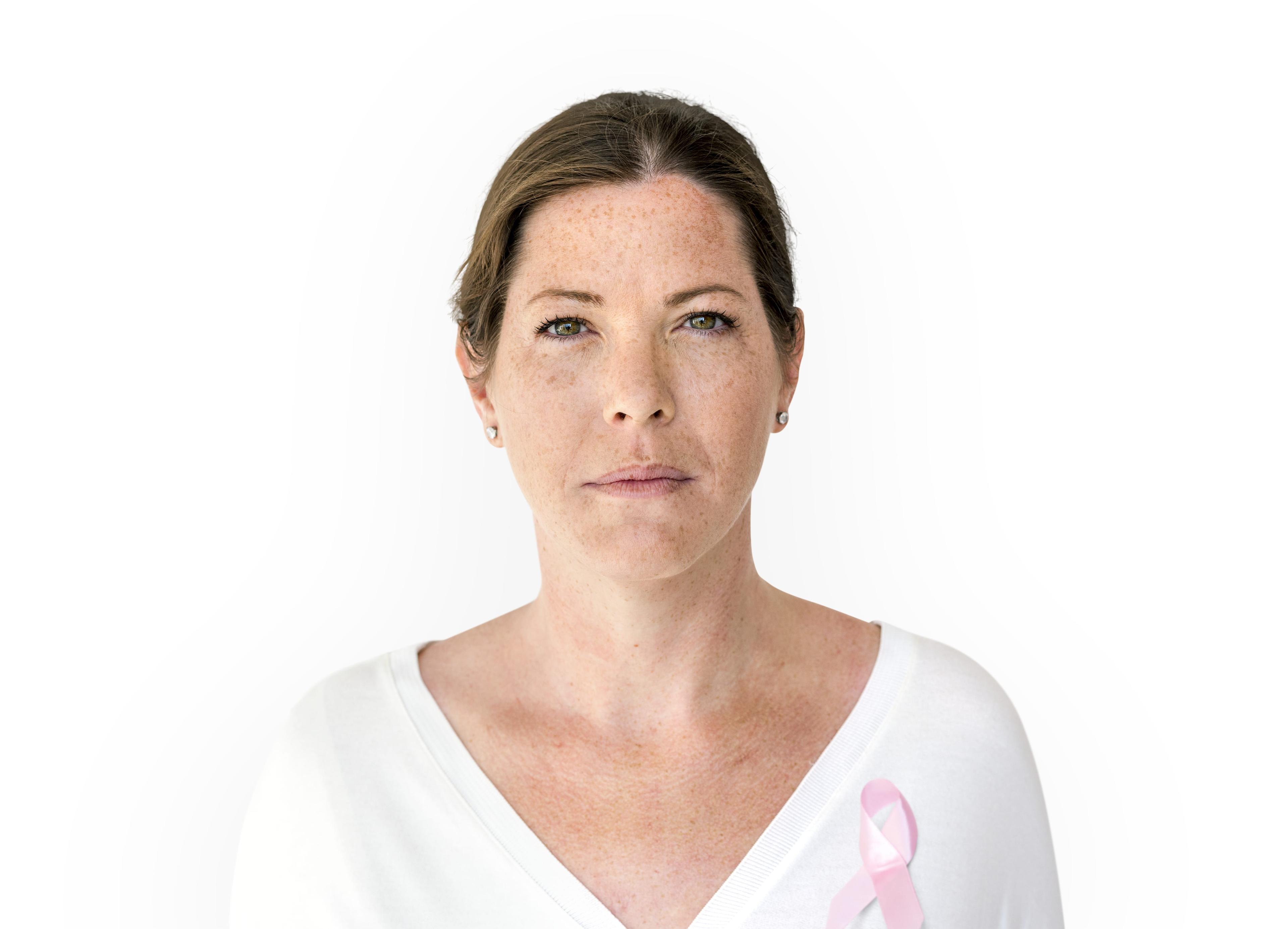4 Life-Saving Health Appointments All Women Should Schedule
bcbsm
| 2 min read

It’s invaluable for women of every age to learn what they can do to lead a healthier lifestyle. There are many things you can do to stay well, such as eating right, getting active and taking care of your mental health.
But not every woman stays on top of preventive screenings. Serious conditions like invasive breast cancer will affect one in eight American women in their lifetimes and there are other diseases and issues that also pose a risk.
If you’re behind on one of the following screenings, go to BCBSM.com or use the BCBSM mobile app to find a doctor near you and make an appointment. It may just save your life.
- Mammography: This test is recommended annually for women ages 50-74. Discuss this screening with your primary care doctor, who can refer you to a specialist to conduct the test. If you’re under 50, you should also conduct regular breast self-exams to help detect symptoms early and know what is and isn’t normal for your body. If you suspect any abnormalities, your doctor may refer you to have a mammogram conducted before age 50 as a preventive measure.
- PAP smear: Women 21 to 65 are recommended to have a PAP smear every three years. Starting at age 30, every five years women should also get an HPV test to help detect and prevent cervical cancer.
- Blood pressure/heart disease: It’s simple to get your blood pressure tested routinely, but a lot of younger women overlook this test. With heart disease as the number one killer of both men and women in the U.S., it’s important to keep your blood pressure in the safety zone. Make sure you get screened at least every two years.
- Colonoscopy: This exam is typically recommended annually for women age 50 and up, but an increase in occurrences of colon cancer among millennials could change this recommendation. If you or a woman in your life is experiencing any warning signs of colon cancer (like changes in stool color, abdominal pain or unintended weight loss), talk to your primary care physician about whether or not you should get a colonoscopy screening.
Want to learn more about women’s health? Check out the following posts:





